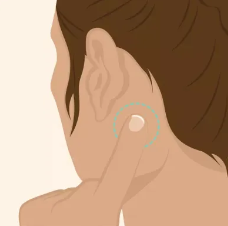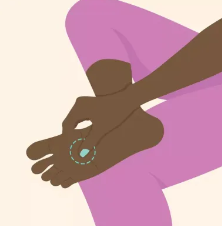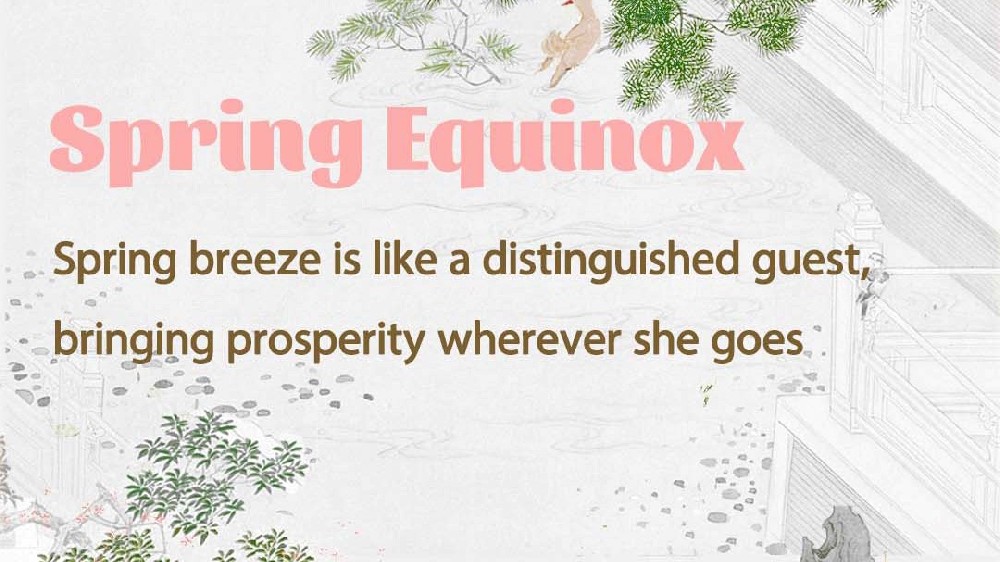TCM Tips for Better Sleep
When we don’t get enough sleep, our mood, concentration and overall health can take a serious hit. Traditional Chinese Medicine (TCM) offers insight into treating insomnia, whether it’s difficulty in falling or staying asleep. Next time you find yourself tossing and turning in bed, try out these tips and tricks to help get a good night’s rest.
What Causes Poor Sleep?
According to TCM, issues with sleep are usually attributed to imbalances of yin and yang qi (energy) within the body. During the day, yang energy dominates as it fuels the body’s activities and keeps us warm and alert. However, when day turns into night, yin’s cooling, quiet and nourishing energy dominates. It helps slow the body down so that it is relaxed and calm for a good night’s sleep. When this natural rhythm is disrupted, there is an imbalance of yin and yang qi, which results in insomnia.
Factors that cause yin/yang imbalance:
Dietary habits (ie. overeating, heavy meals, caffeine and alcohol)
Emotions (ie. anger, sorrow and extreme happiness)
Exhaustion from activities (ie. excessive exercise or overstimulation of the brain)
Prolonged illness
Old age
Insomnia can also be a symptom of a larger health problem. Without treatment, energy levels can become depleted, which can negatively affect work performance, overall health, and quality of life.
Here are some TCM tips you can use to help balance yin/yang qi and improve quality of sleep.
Give Yourself an Acupressure Massage
When you can’t make it in for an acupuncture session, using acupressure at home can be the next best thing. Try massaging acu points such as An Mian “peaceful sleep” and Yong Quan “bubbling spring” to help combat insomnia.

An Mian
An Mian is known to nourish the blood, quiet the spirit, clear heat and eliminate vexation, disperse food and harmonize the stomach. No wonder it’s a great point to use for insomnia.
To find An Mian: Make an ‘L’ with the index finger and thumb – place the index finger directly in front of your ear and let the thumb fall right against the base of the skull. You’ll notice a slight depression next to a bone called the mastoid process. Place your finger on this depression and apply pressure in a circling motion to massage it. After circling 100 times, you should feel more relaxed and ready to rest.

Yong Quan
Yong Quan is the first point on the kidney channel, which is connected to the adrenal glands, which control the body’s stress response. Meaning, that it’s a particularly effective pressure point for sleep.
To find Yong Quan: located between the ball of your foot and your second or third toes in the same line; the most tender area is the best one to work with.
Note: Yong Quan is sometimes used to induce labor, so if you’re pregnant, you should skip this one.
For additional acupoints, check out 6 Pressure Points for Sleep That’ll Calm Your Mind and Body.
Eat More Yin Foods (and Avoid Yang Foods)
If you are experiencing sleep issues, an overactive liver may be the culprit. To lighten the burden on the stomach, avoid alcohol and caffeine, as well as sweet, pungent, or spicy foods, which are yang (heating) foods.
Stick to foods that are predominantly yin (cooling). Yin foods tend to be green or pale, with a high moisture content, such as tofu, cucumber, bananas, watermelon and green beans.
A cup of chrysanthemum tea clears heat (excessive yang energy) in the liver and calms the nerves. Add goji berries to balance the chrysanthemum’s inherent yin properties and to help nourish the liver.
Herbal Remedies
Adding spinal date seed, bai zi ren, dried lily bud, and longan fruit to your daily diet and consuming warm herbal teas such as chamomile, Albizia julibrissin flower, and rose bud can help balance qi.
Jujube seed (suan zao ren) is commonly prescribed to treat insomnia. It strengthens circulation and calms the mind, making you less irritable and restless. You can steep jujube seeds in hot water to drink it as a tea.
Soak Your Feet in Hot Water
Massaging your lower legs and feet can help encourage the blood to flow away from an overstimulated brain. Better still, soaking your feet in hot water dilates blood vessels in the lower legs, encouraging blood to flow downwards.
Add fresh or powdered ginger to reinforce the body’s yang energy. and can help those with cold extremities. Stop soaking once you’ve started to break out in a slight sweat, which indicates that the body’s stagnant energy channels have become unblocked.
Related articles
-
 China targets illegal practices disguised as TCM
China targets illegal practices disguised as TCMMore
-
 Top 8 Health Tips From Traditional Chinese Medicine
Top 8 Health Tips From Traditional Chinese MedicineMore
-
 Sanfu Paste: Traditional Chinese medicine treatment in summer
Sanfu Paste: Traditional Chinese medicine treatment in summerMore
-
 Use Traditional Chinese Medicine to Be Your Healthiest This Winter
Use Traditional Chinese Medicine to Be Your Healthiest This WinterMore
-
 Best Self Healing Tips To Help You Practice TCM At Home
Best Self Healing Tips To Help You Practice TCM At HomeMore
-
 Men learning more about HPV vaccines
Men learning more about HPV vaccinesMore
